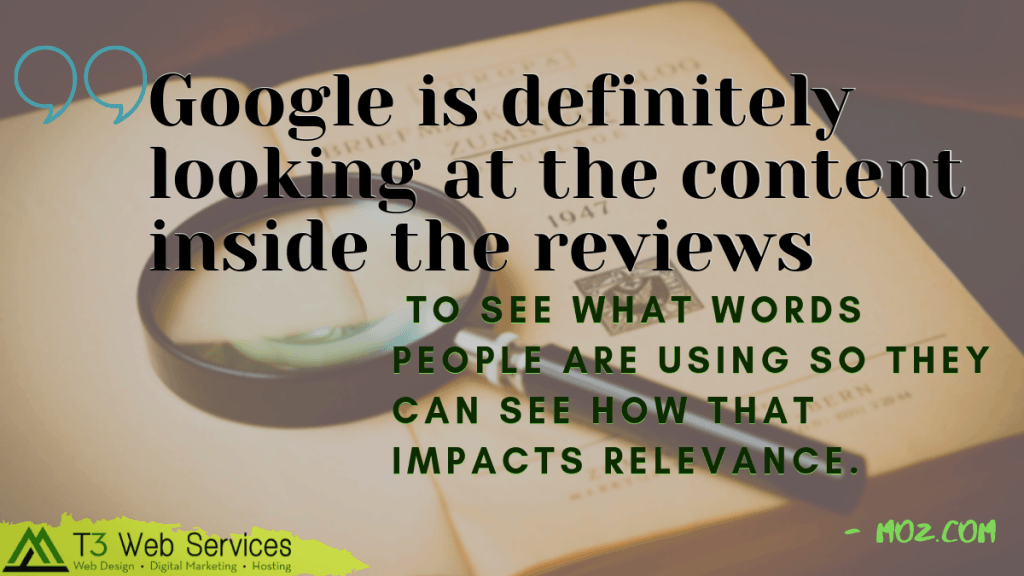Arming yourself with knowledge on how these factors — Proximity, Prominence and Relevance — affect Google’s Local Algorithm are really helpful in facing SEO challenges head on. It’s important to know that these factors are essential in lifting your rankings up. Being adventurous and testing out these different factors could also be beneficial to your business if you do it right.
When it comes to Google’s algorithms, there’s quite a difference between how they treat local and organic.
.. When you do a local search or a search that Google thinks has local intents, like plumbers let’s say, you traditionally will get three results at the top with the map, and then everything below it I refer to as organic. This algorithm I’ll be kind of breaking down is what fuels this three-pack, also known as Google My Business listings or Google Maps listings.1. Proximity
Proximity is basically defined as your location when you are searching on your phone or your computer and you type something in. It’s where Google thinks you are located.2. Prominence
Moving to the next factor, so prominence, this is basically how important Google thinks you are. Like Is this business a big deal, or are they just some random, crappy business or a new business that we don’t know much about?3. Relevance
Moving into the relevance factor, relevance is basically, does Google think you are related to the query that is typed in? You can be as prominent as anyone else, but if you do not have content on your page that is structured well, that covers the topic the user is searching about, your relevance will be very low, and you will run into issues.

How to rank without proximity, prominence, or relevance
Obviously you want all three of these things. It is possible to rank if you don’t have all three, and I’ll give a couple examples. If you’re looking to expand your radius, you service a lot of people.You don’t just service people on your block. You’re like, “I serve the whole city of Chicago,” for example. You are not likely going to rank in all of Chicago for very common terms, things like dentist or personal injury attorney. However, if you have a lot of prominence and you have a really relevant page or content related to really niche terms, we often see that it is possible to really expand your radius for long tail keywords, which is great.
Prominence is probably the number one thing that will expand your radius inside competitive terms. We’ll often see Google bringing in a business that is slightly outside of the same area as other businesses, just because they have an astronomical number of reviews, or maybe their domain authority is ridiculously high and they have all these linking domains.
Local algorithm vs organic algorithm
As far as the local algorithm versus the organic algorithm, some of you might be thinking, okay, these things really look at the same factors. They really kind of, sort of work the same way. Honestly, if that is your thinking, I would really strongly recommend you change it. I’ll quote this. This is from a Moz whitepaper that they did recently, where they found that only 8% of local pack listings had their website also appearing in the organic search results below.
I feel like the overlap between these two is definitely shrinking, which is kind of why I’m a bit obsessed with figuring out how the local algorithm works to make sure that we can have clients successful in both spaces.


Leave a Reply